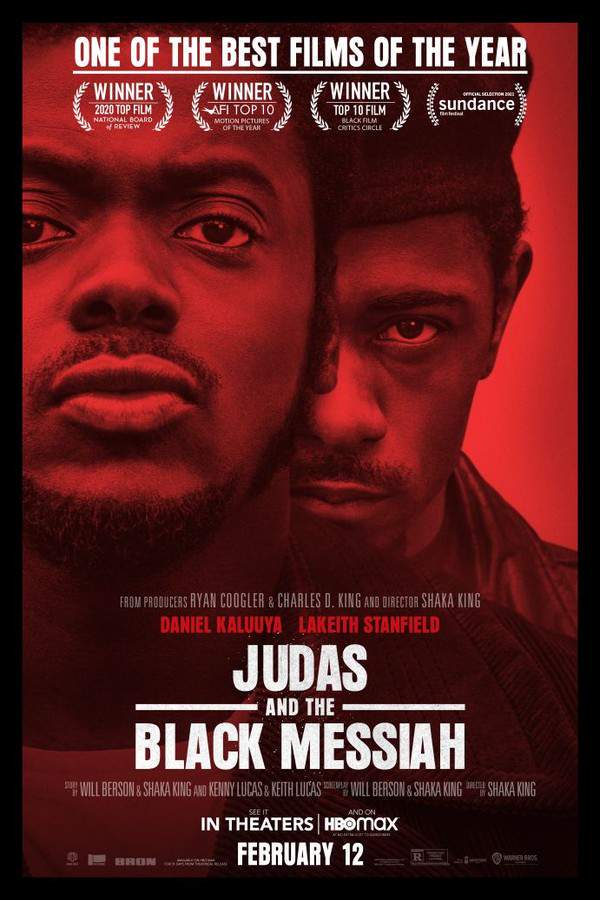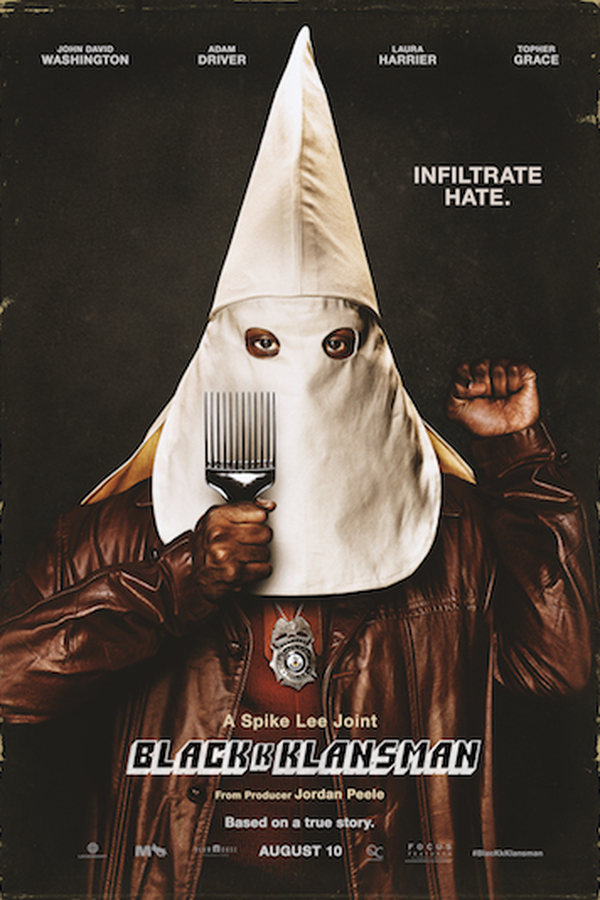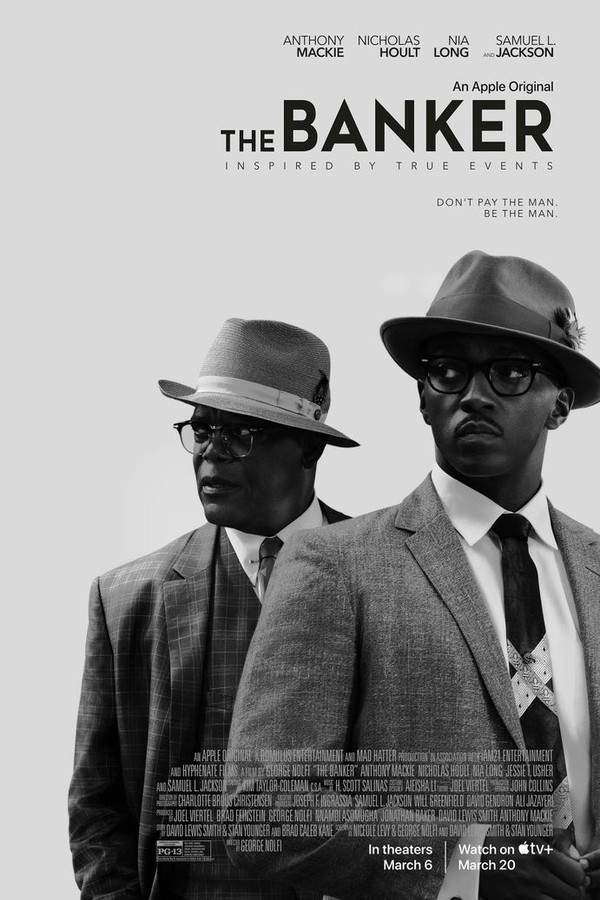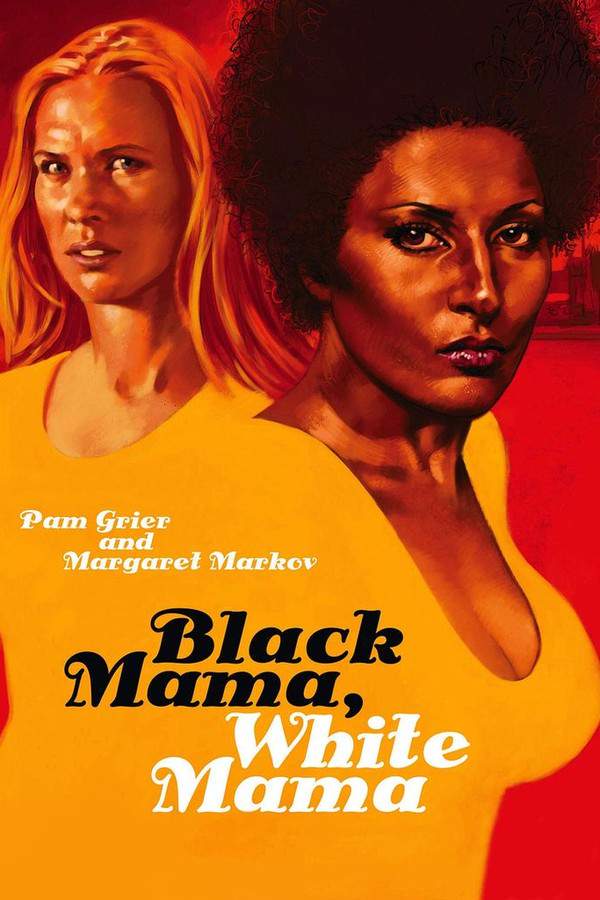
Judas and the Black Messiah 2021
Directed by

Shaka King
Made by

Warner Bros. Pictures
Test your knowledge of Judas and the Black Messiah with our quiz!
Judas and the Black Messiah Plot Summary
Read the complete plot summary and ending explained for Judas and the Black Messiah (2021). From turning points to emotional moments, uncover what really happened and why it matters.
In the turbulent backdrop of the late 1960s Chicago, William “Bill” O’Neal, a 17-year-old petty criminal, finds himself behind bars after a botched attempt to hijack a car while impersonating a federal officer. His situation takes a turn when he is approached by Roy Mitchell, an FBI Special Agent, who offers a deal: the collapse of his charges in exchange for his cooperation as an undercover informant. O’Neal’s mission is to infiltrate the Illinois chapter of the Black Panther Party (BPP), led by the charismatic Fred Hampton.
As he immerses himself in the BPP’s activities, O’Neal starts to develop a profound connection with Hampton, who is dedicated to uniting various gangs and militia groups while carrying out vital community services such as the Free Breakfast for Children Program. Hampton’s extraordinary ability to engage audiences leads to the creation of the multiracial Rainbow Coalition. Meanwhile, O’Neal witnesses Hampton’s burgeoning romance with Deborah Johnson, a fellow Party member, adding another layer of complexity to his clandestine role.
Tasked with delivering confidential information to Mitchell, O’Neal receives financial rewards in return. As tensions rise, he learns from Mitchell that a fugitive Party member, George Sams, is secretly cooperating with the FBI. This dangerous knowledge underscores the precariousness of his position within the BPP.
After a series of events that lead to Hampton’s arrest, O’Neal’s credibility within the organization increases, and he climbs the ranks to become a security captain. The situation escalates during a violent confrontation at the BPP office, leading to a tragedy that strikes deep within the community. O’Neal attempts to sever ties with the FBI but finds himself unable to extricate himself from Mitchell’s hold.
The narrative takes a tragic turn when Hampton is jailed for refusing a deal. During his absence, O’Neal learns of the shocking death of Jimmy Palmer, a Party member killed during a police encounter, triggering more violence and chaos among the BPP ranks. In retaliation, another member, Jake Winters, leads a violent confrontation with the police before meeting his own tragic fate.
The stakes rise significantly when J. Edgar Hoover, the FBI Director, orders O’Neal to eliminate Hampton as a threat. Cornered into compliance under pressure from Mitchell, O’Neal does the unthinkable—he is given sedatives with orders to drug Hampton’s drink. On the fateful night when the BPP gathers at Hampton’s apartment, O’Neal feels torn as he watches events unfold. In a moment of betrayal, he drugs Hampton, leading to a police raid that results in Hampton’s assassination.
In the aftermath, O’Neal meets with Mitchell one last time, accepting money and a gas station key as his reward, a symbol of the profound moral conflict he faces. The film concludes with the haunting echoes of Hampton’s speeches, his funeral service, and a somber interview given by O’Neal years later, revealing the harrowing path that led him to a tragic end. Title cards illuminate the ongoing legacy of Hampton’s family, including Fred Hampton Jr., as they continue the fight for justice, highlighting the historical repercussions of this turbulent chapter in American history.
Judas and the Black Messiah Timeline
Follow the complete movie timeline of Judas and the Black Messiah (2021) with every major event in chronological order. Great for understanding complex plots and story progression.
Bill O'Neal's Arrest
In the late 1960s Chicago, 17-year-old Bill O'Neal is arrested after a failed attempt to hijack a car while impersonating a federal officer. This arrest marks the beginning of a drastic turn in his life, leading him into the world of the FBI and undercover operations.
FBI Approach
While in jail, O'Neal is approached by FBI Special Agent Roy Mitchell. He is offered a deal to avoid prison time by becoming an undercover informant, tasked with infiltrating the Illinois chapter of the Black Panther Party.
Infiltrating the BPP
O'Neal starts attending meetings and events of the Black Panther Party, building rapport with its members. This immersion leads him to form a complex bond with the party's leader, Fred Hampton, who is passionate about social justice and community work.
Formation of the Rainbow Coalition
Under Hampton's leadership, the Black Panther Party begins to unite various marginalized groups to form the Rainbow Coalition. Hampton's charisma and vision for change inspire O'Neal and others, deepening O'Neal's internal conflict regarding his dual identity.
Hampton's Romance
As O'Neal becomes more entrenched in the BPP, he witnesses Hampton's blossoming relationship with fellow member Deborah Johnson. This development adds emotional complexity to O'Neal's situation, as he grows closer to the individuals he is betraying.
Delivering Intelligence
O'Neal starts delivering valuable information about the BPP’s activities to Agent Mitchell in exchange for money. This arrangement deepens his entanglement with the FBI and further complicates his loyalties to the Black Panther Party.
George Sams Revelation
O'Neal learns that George Sams, a fugitive BPP member, is also informing to the FBI. This revelation heightens the tensions within the BPP, making O'Neal's position increasingly critical and dangerous.
Rising in Ranks
After the arrest of Hampton during a police raid, O'Neal's credibility increases, and he rises to the position of security captain within the BPP. His newfound power creates a more precarious balance between his roles as informant and party member.
Jimmy Palmer's Death
O'Neal learns about the tragic death of Jimmy Palmer, another BPP member, who is killed in an encounter with law enforcement. This event incites further violence and turmoil within the party, deepening the stakes surrounding O'Neal's betrayal.
Jake Winters' Confrontation
In response to escalating violence, BPP member Jake Winters leads a confrontation with the police, which ends fatally for him. This event signals the precarious nature of the party's standing with law enforcement and heightens the tension in O'Neal's life.
Order from J. Edgar Hoover
FBI Director J. Edgar Hoover gives O'Neal the directive to eliminate Fred Hampton as a threat to national security. This order places O'Neal in a morally compromising position, pushing him towards betrayal.
The Night of Betrayal
On the crucial night of the BPP meeting at Hampton's apartment, O'Neal carries out the unthinkable by drugging Hampton. This act leads to a police raid that results in Hampton's assassination, an event that reshapes O'Neal's life and legacy.
Aftermath of the Assassination
In the fallout from Hampton's death, O'Neal meets with Mitchell one last time to accept money and a key, signifying the end of his role as an informant. This encounter underscores the moral decay that O'Neal has experienced and the implications of his choices.
Hampton's Funeral
Fred Hampton's funeral is a poignant moment in the film, capturing the grief of the community over his loss. It also serves as a reminder of the lasting impact of his activism and the ongoing legacy of the Black Panther Party.
O'Neal's Reflection
Years later, O'Neal reflects on his actions in a somber interview, revealing the internal struggle and regret he carries. His story serves as a haunting reminder of the complexities of loyalty, morality, and the sociopolitical landscape of America.
Judas and the Black Messiah Characters
Explore all characters from Judas and the Black Messiah (2021). Get detailed profiles with their roles, arcs, and key relationships explained.
William 'Bill' O'Neal
William 'Bill' O'Neal is a 17-year-old petty criminal drawn into a world of political activism and moral conflict. Initially seeking to reduce his prison sentence, he assumes the dual role of FBI informant and Black Panther Party member. O'Neal's character embodies the complexities of betrayal and self-preservation, ultimately leading to tragic consequences.
Fred Hampton
Fred Hampton is the charismatic leader of the Illinois chapter of the Black Panther Party, known for his oratory skills and commitment to community service. His ability to galvanize people and foster unity among diverse groups symbolizes the fight for justice during a turbulent era. Hampton's vision for change is a powerful call to action that resonates throughout the film.
Deborah Johnson
Deborah Johnson is a strong and dedicated member of the Black Panther Party, deeply involved in the movement alongside Hampton. Her relationship with Hampton adds emotional depth to the narrative, illustrating the personal sacrifices made by activists. Johnson's character represents the often-overlooked contributions of women in the fight for civil rights.
Roy Mitchell
Roy Mitchell is an FBI Special Agent who manipulates O'Neal into becoming an informant, representing the law enforcement perspective during the civil rights struggle. His pragmatic approach to achieving the Bureau's goals highlights the moral ambiguities within the justice system. Mitchell's character serves as a reminder of the political machinations behind the scenes.
J. Edgar Hoover
J. Edgar Hoover, the FBI Director, epitomizes the institutional power against which the Black Panther Party contends. His orders and directives shape much of the film's conflict, revealing the extent to which the government sought to undermine the movement. Hoover represents the oppressive forces that activists fought against.
Jimmy Palmer
Jimmy Palmer is a dedicated Party member whose tragic end highlights the brutal reality faced by activists. His death during a police encounter serves as a catalyst for escalating violence within the community, underscoring the stakes involved in the struggle for justice. Palmer's character symbolizes the personal toll of political activism.
Jake Winters
Jake Winters is a passionate member of the Black Panther Party who takes drastic measures in response to the violence against the community. His confrontational approach reveals the desperation felt among activists in the face of systemic oppression. Winters' character illustrates the complexities of resistance and the consequences of radical action.
Judas and the Black Messiah Settings
Learn where and when Judas and the Black Messiah (2021) takes place. Explore the film’s settings, era, and how they shape the narrative.
Time period
Late 1960s
The late 1960s was characterized by social turmoil and revolutionary movements across the United States. This period witnessed increased activism among groups like the Black Panther Party, who fought for racial equality and social justice. The era was marked by significant political tension, civil rights protests, and violent confrontations that shaped the future of American society.
Location
Chicago
Chicago serves as the central setting for 'Judas and the Black Messiah,' specifically during the late 1960s. Known for its diverse culture and a significant backdrop for civil rights movements, the city's climate during this period was one of upheaval and activism. The location became a pivotal point of confrontation between community leaders and law enforcement.
Judas and the Black Messiah Themes
Discover the main themes in Judas and the Black Messiah (2021). Analyze the deeper meanings, emotional layers, and social commentary behind the film.
🕊️
Betrayal
Betrayal is a central theme in 'Judas and the Black Messiah,' exemplified by William O'Neal's actions against Fred Hampton. O'Neal's conflicting loyalties create a moral quandary, as he grapples with his dual roles within the BPP and the FBI. This theme resonates profoundly, highlighting the personal sacrifice and the heavy price of loyalty.
✊
Activism
The film explores the theme of activism, particularly through Hampton's work with the Black Panther Party. His efforts to unite various factions and provide community services emphasize the importance of collective action and resistance against systemic oppression. The narrative illustrates the power of grassroots movements in effecting societal change.
⚖️
Justice
Justice serves as a prominent theme, particularly in relation to Hampton's legacy and the struggles faced by the Black Panther Party. The film critiques the injustices perpetrated by law enforcement and government agencies against activists. It raises questions about the definition of justice and the lengths individuals go to in pursuit of it.

Coming soon on iOS and Android
The Plot Explained Mobile App
From blockbusters to hidden gems — dive into movie stories anytime, anywhere. Save your favorites, discover plots faster, and never miss a twist again.
Sign up to be the first to know when we launch. Your email stays private — always.
Judas and the Black Messiah Ending Explained
Unravel the ending of Judas and the Black Messiah (2021) with our detailed explanation. Understand the final scenes, character fates, and unresolved questions.
The film portrays Fred Hampton’s tragic killing as a result of intense police violence and betrayal. After a raid on Hampton’s apartment, police claimed they were attacked by the Panthers, but in reality, the scene was heavily skewed in their favor. Hampton was shot in his bed while supposedly incapacitated—an event that was manipulated by William O’Neal, who drugged him with a sedative beforehand, rendering him unconscious during the attack. This act of betrayal—similar to Judas’ in the biblical story—shapes the film’s title and themes of treachery and sacrifice. O’Neal, who was acting as an FBI informant, continued to serve the Bureau even after Hampton’s death, haunted by guilt that many believe contributed to his own suicide.
The film suggests that Hampton’s death was not just a tragic incident, but a targeted assassination disguised as a police raid. Official reports initially praised the police’s “restraint,” despite overwhelming firepower and the fact that the Panthers fired far fewer shots. Hampton’s family and critics argue that the police unlawfully murdered him during an illegal search, and his legacy endures through his surviving family and the ongoing fight for racial justice. Symbolically, the ending echoes biblical themes—O’Neal’s guilt mirrors Judas’ remorse, and Hampton’s role as a “messianic” figure continues beyond his death. The story underscores the ongoing relevance of his fight, drawing parallels between the injustice of the 1960s and present-day struggles for Black Lives Matter and police accountability. The ending leaves viewers with a powerful reflection on betrayal, sacrifice, and the enduring hope of legacy against systemic oppression.
Judas and the Black Messiah Spoiler-Free Summary
Discover the spoiler-free summary of Judas and the Black Messiah (2021). Get a concise overview without any spoilers.
In the heat of late‑1960s Chicago, a city pulsing with protest, music, and the promise of change, the streets become a backdrop for a clash of ideals. Communities gather around free breakfast tables and impassioned speeches, while government agencies watch from the shadows. The atmosphere is charged, a blend of hopeful ambition and looming tension that colors every interaction, making the ordinary feel like a catalyst for something larger.
William “Bill” O’Neal arrives on the scene as a small‑time hustler whose choices land him in a precarious bargain with the FBI. Offered a way out of his legal woes, he steps into the world of political activism not as a believer but as an undercover conduit. His outsider perspective grants him a raw, uneasy access to a movement that is both inspiring and dangerous, setting the stage for a personal journey that balances survival against conscience.
At the heart of the movement stands Fred Hampton, a magnetic organizer whose speeches electrify crowds and whose vision stretches beyond racial lines, birthing a nascent Rainbow Coalition. His charisma draws people together, from neighborhood volunteers to seasoned activists, and his commitment to community programs creates a palpable sense of possibility. Sharing his inner circle is Deborah Johnson, a steadfast partner whose own devotion adds depth to the leader’s public persona, hinting at intimacy that could both strengthen and challenge the cause.
As Bill embeds himself deeper, the film tightens around his growing admiration for the charismatic chairman and the love blossoming within the group. He finds himself walking a razor‑thin line between duty and doubt, caught in a swirl of loyalty, ambition, and the ever‑tightening pressure of an escalating political war. The story thrives on this tension, inviting viewers to wonder how far a man will go when his identity teeters between the role of informant and that of an unexpected confidante.
Can’t find your movie? Request a summary here.
Movies with Similar Twists and Themes
Uncover films that echo the narrative beats, emotional arcs, or dramatic twists of the one you're exploring. These recommendations are handpicked based on story depth, thematic resonance, and spoiler-worthy moments — perfect for fans who crave more of the same intrigue.
Featured on this page

What's After the Movie?
Not sure whether to stay after the credits? Find out!
Explore Our Movie Platform
New Movie Releases (2025)
Famous Movie Actors
Top Film Production Studios
Movie Plot Summaries & Endings
Major Movie Awards & Winners
Best Concert Films & Music Documentaries
Movie Collections and Curated Lists
© 2025 What's After the Movie. All rights reserved.











